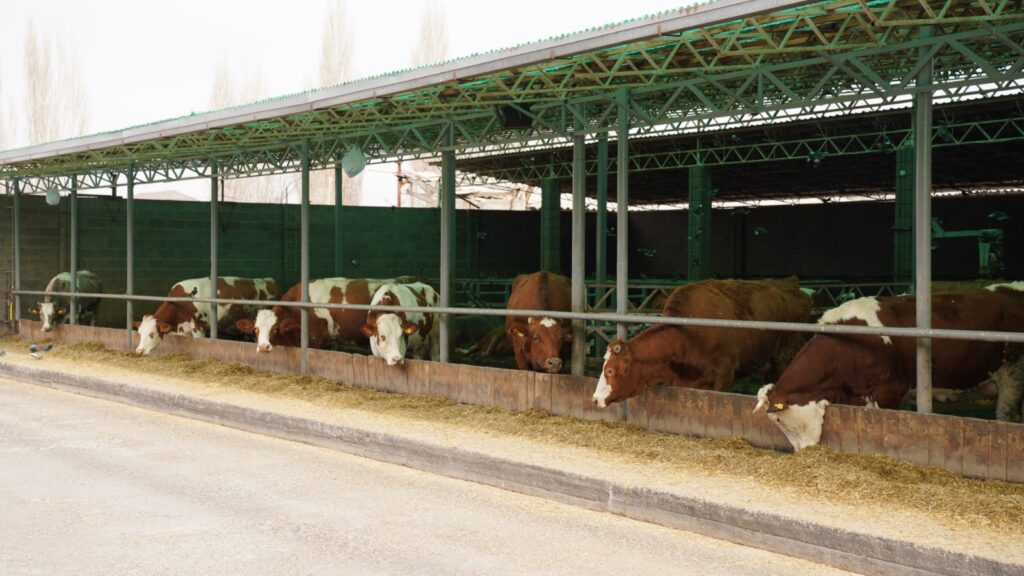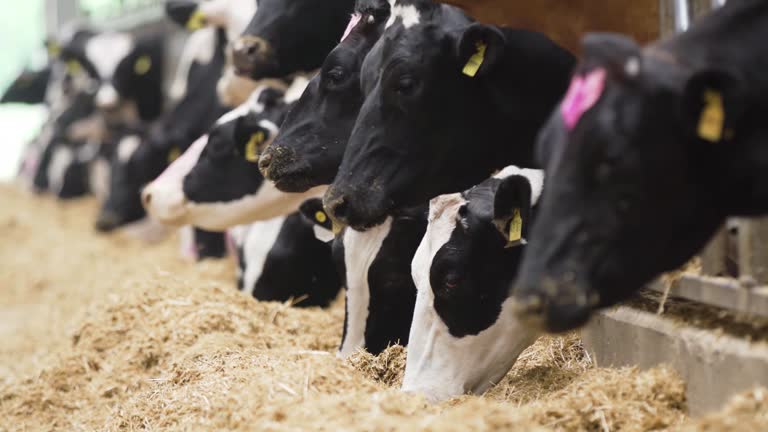ASTANA (TCA) — As the use of cannabis plants for legitimate economic purposes has been proposed in Kazakhstan, we are republishing this article by Aktan Rysaliev, originally published by EurasiaNet.org:
Dariga Nazarbayeva, Kazakhstan’s deputy prime minister and the eldest daughter of the president, has supported a novel solution for using up cannabis crops growing wild in the countryside: turn them into paper.
Kazakhstan has long battled with its virulent wild cannabis crop, which grows freely in the Chui Valley — a much-beloved part of the region among avid aficionados of the weed. As Interior Minister Kalmukhanbet Kasymov explained, authorities are at a loss to police the huge areas covered by the plant.
“Of course, covering all 140,000 hectares is not possible. Cannabis grows all over the country. So we have to decide what to do with it. Either destroy it or use it for economic development,” Kasymov said.
Deputy Investment and Development Minister Albert Rau said at a government meeting on August 8 that proposed methods for utilizing hemp would entail processing measures that destroy the active narcotic ingredient.
A statement on the government website notes somewhat redundantly that research has revealed that cannabis plants could be turned into a type of cellulose that lends itself to transformation into all kinds of paper: banknotes, wrapping paper and office paper. Even textiles and foodstuffs. This is nothing new to admirers of hemp. Indeed, as the North American Industrial Hemp Council notes, hemp has been used to produce paper and textiles for at least 12,000 years.
And as Nazarbayeva approvingly noted at the government meeting, the cost of the paper produced would be low.
“Kazakhstan doesn’t have its own paper. Production of Kazakhstani paper is a very topical issue, including for printed media,” she said.
Still, Nazarbayeva was eager to stress to journalists later that this sudden ardor for cannabis should not be taken as evidence she is some kind of pothead. Far from it.
“I hope people don’t start saying I am a druggie. I have never in my life ever used or sniffed… and I don’t even know what marijuana even smells like to be honest,” she pleaded, perhaps a little too adamantly.
Proponents of the use of cannabis plants for legitimate economic purposes will be given a strong fillip by support from such a high-placed official.
Businesses are already sensing an opportunity. Maxim Skrynnik, general director of paper production company Kagaz Shahary, has said that cannabis plants are being harvested in four regions of Kazakhstan for testing purposes. Next year, a $100 million plant is to be built to process the crop and investment into project has attracted interest from Finland, South Korea and China, Skrynnik said.
The biggest barrier to this sector are the laws criminalizing all strains of cannabis.
“We need the law to distinguish between narcotic and technical cannabis, to establish the threshold for psychoactive substances, so that the cannabis we process is not deemed as a narcotic. We need to change our attitude,” Skrynnik said.









